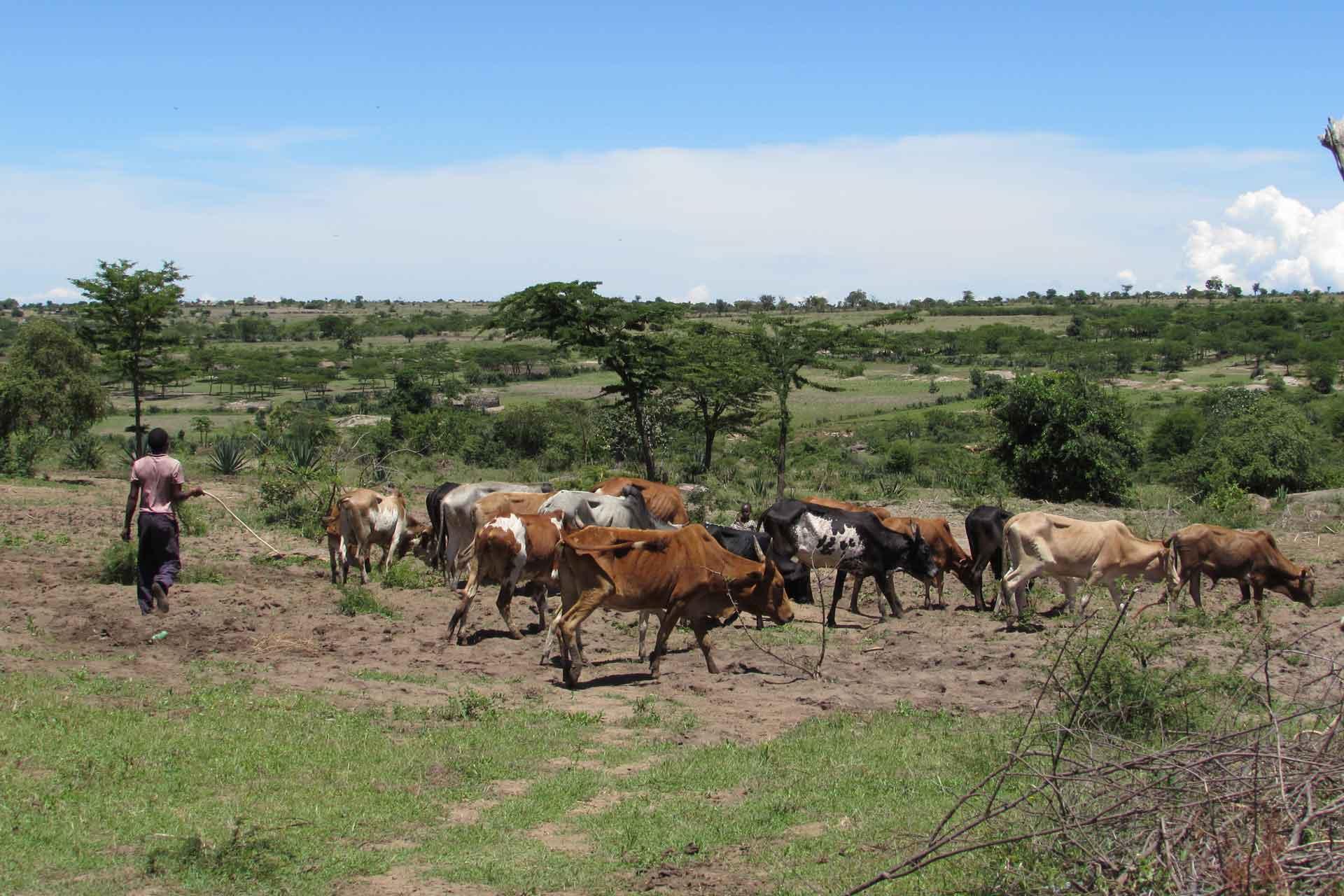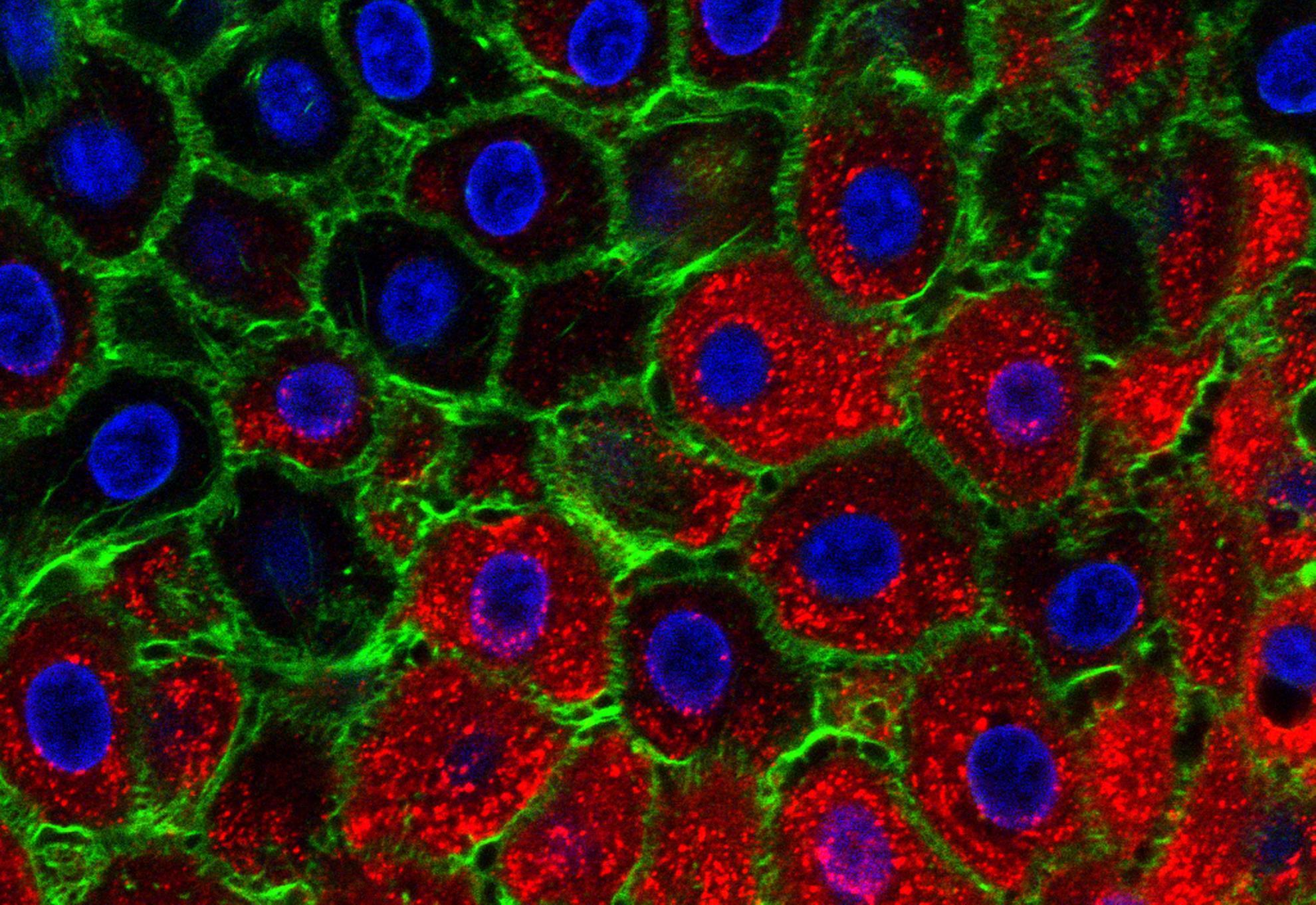Knowledge and risk factors for foot-and-mouth disease among small-scale dairy farmers in an endemic setting
Foot-and-mouth disease (FMD) is a highly contagious viral infection of cloven-hoofed animals. In Kenya, the disease is endemic with outbreaks typically occurring throughout the year. A cross-sectional study was undertaken in Nakuru County to investigate farmer knowledge and risk factors for clinical disease. Semi-structured interviews were conducted on 220 smallholder farmers, selected using random spatial sampling. The majority of respondents (207/220 [94.1%]) knew of FMD and 166/207 (80.2%) of them could correctly identify the disease based on their knowledge of the clinical signs. Forty-five out of 220 farmers (20.4%) vaccinated their livestock against FMD in the previous 6 months, although of those who knew of FMD only 96/207 (46.4%) perceived it as a preventive measure undertaken to reduce the risk of disease in their farm. FMD had occurred in 5.9% of the surveyed farms within the previous 6 months (from May to November 2016). Using multivariate analysis, the use of a shared bull (OR = 9.7; p = 0.014) and the number of sheep owned (for each additional sheep owned OR = 1.1; p = 0.066) were associated with an increased likelihood of a farm experiencing a case of FMD in the previous 6 months, although the evidence for the latter was weak. This study reports risk factors associated with clinical FMD at the farm level in a densely populated smallholder farming area of Kenya. These results can be used to inform the development of risk-based strategic plans for FMD control and as a baseline for evaluating interventions and control strategies.

